How were jobs in Ancient Chinese governments decided?
Confucian exams
Which civilization was mostly located in the Andes mountains
Inca
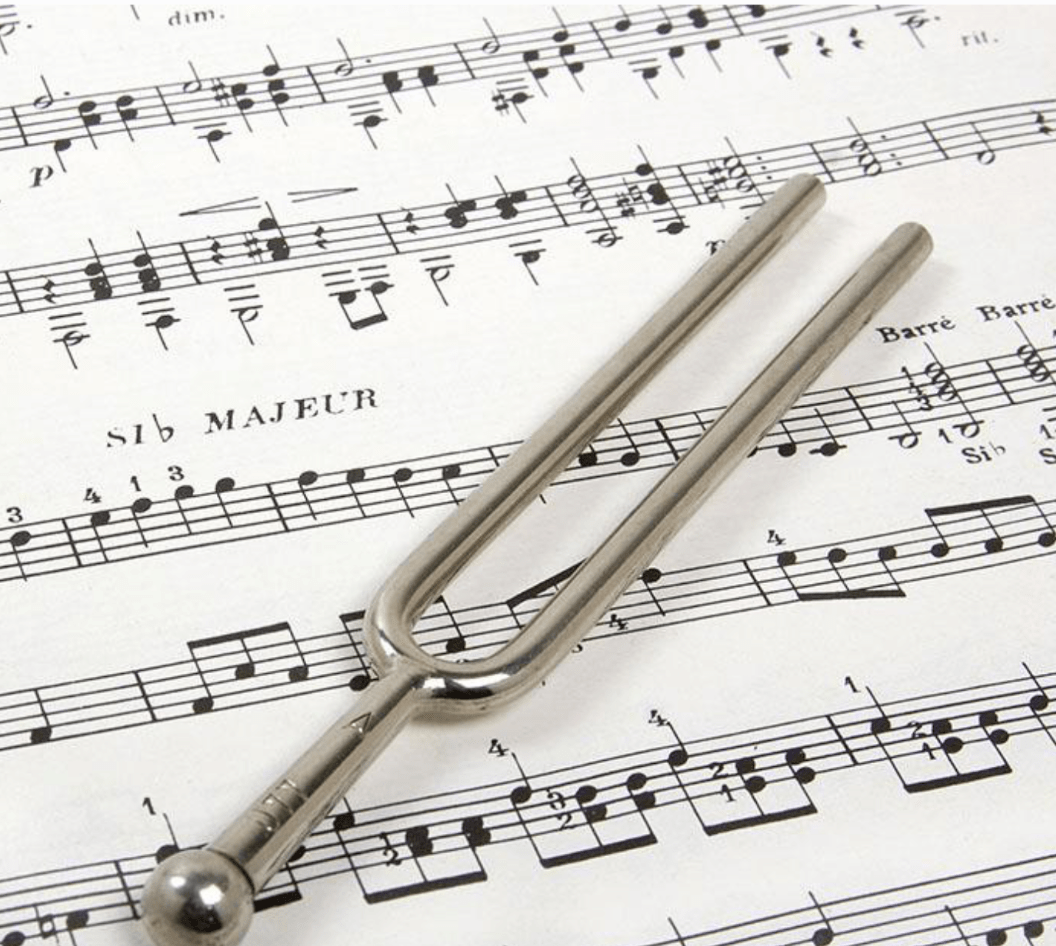
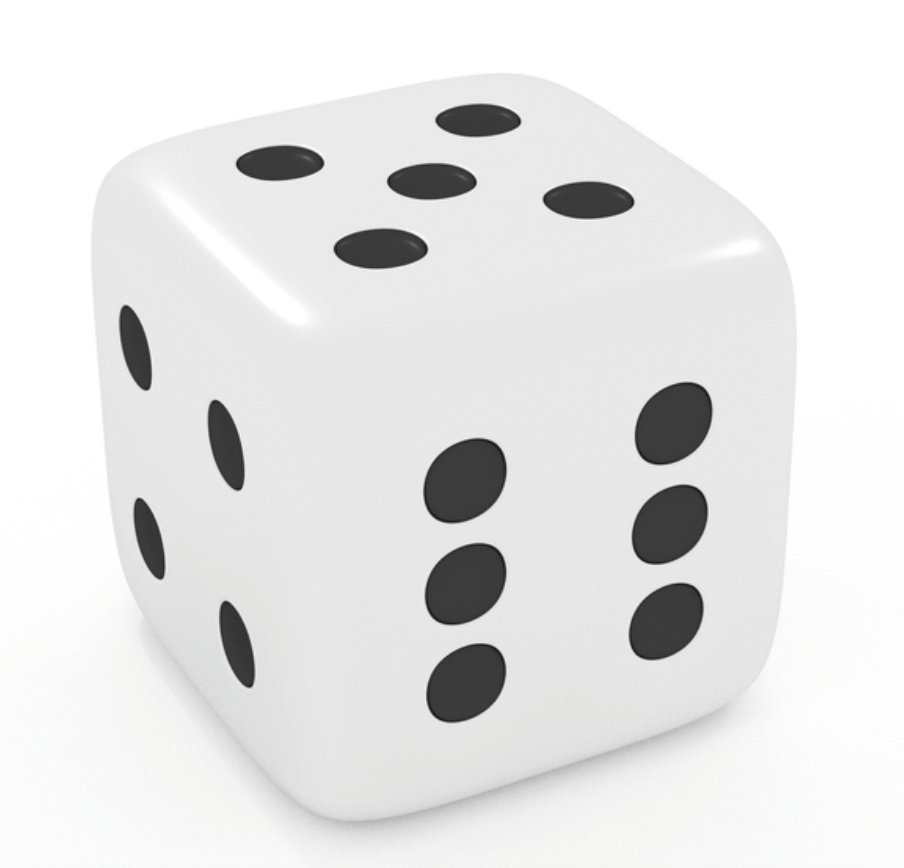

Song Dynasty
System used in the Middle Ages that was a hierarchy of from kings to serfs
Feudalism
Which of these modern day countries would not have been part of the Mongol Empire?
A) India
B) Iran
C) Korea
D) Ukraine
India
Explain 2 key differences between slavery in Dar Al Islam and slavery in the Americas
Slavery in the Americas - based on race (black) - can be born into slavery - and were used in agriculture and servant work - In Dar Al Islam - slaves were from many different groups - some can be in the military
This cold desert can be found on the border and in --- Mongolia and China
Gobi
Nearly the Red Sea
An unexpected haven of Christ
Independent
Ethiopia
This person arguably held the most power during the Middle Ages
The pope
This city of Islamic learning was completely destroyed by the Mongols
Baghdad
Who were Eunuchs in Dar-Al-Islam? What was their role? why were they able to gain power
Eunuchs are castrated male slaves in the service of the Sultan - They worked in the Harem, as the only man allowed in the Harem besides the Sultan.
Hailing from the southern areas of Russia near the Caucasus mountains, this ethnic group made up the largest number of concubines in the Sultans Harem
Circassians
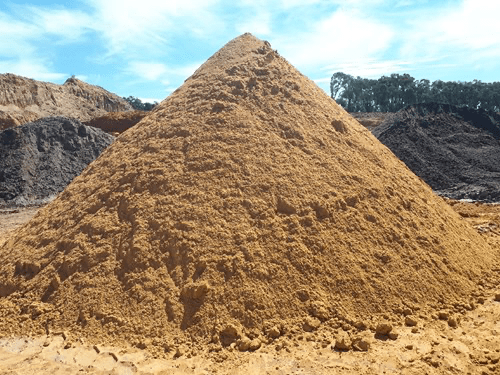
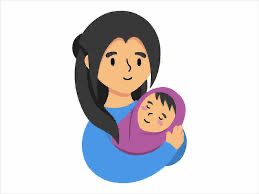
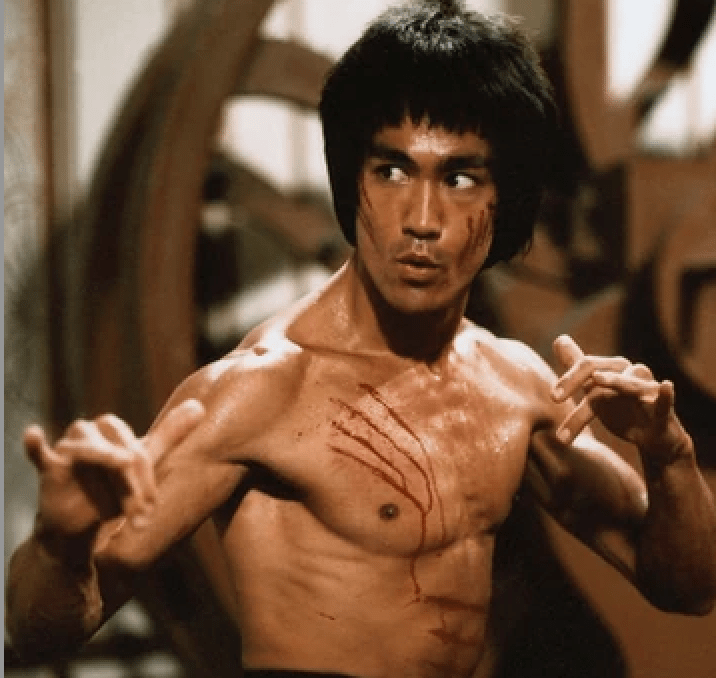
Mali
Which of the Mesoamerican civilizations was the only to have a truly written language
Maya
Explain why the Mongols made the Silk Road great again
Protection offered by the Empire - increase security
Make a good argument for who had the chance to advance higher in the society of Dar-Al-Islam ---- a Mameluke or a concubine
Mamelukes - could become powerful generals or politicians (governors) - they eventually created their own dynasty. Concubines could become a sultans wife, therefore her son could become sultan. Her freedom could be obtained.
Name the four major ethnic groups in the Middle East today
Arabs - Persians - Turks - Kurds
Ancient engineers shaped me with care,
expanding the ground where none was there.
A patchwork of rectangles, ordered and planned,
a landscape designed, not left by the land.
Chinampas
While the Crusades were a series of religious wars - perhaps its biggest impact was
Exchange of goods and ideas from Asia to Europe
Which of the following best explains why Mongol armies were able to consistently defeat much larger sedentary forces in the 13th century?
A) Their armies relied primarily on heavily armored cavalry that could withstand prolonged melee combat.
B) They employed rigid, centralized command structures that prevented battlefield confusion.
C) They used highly mobile horse archers combined with feigned retreats to lure enemies into ambushes.
D) Their advantage came mainly from advanced siege artillery technology imported from Europe.
C
Name of the system that saw young boys from the Balkan areas kidnapped and turned into Muslim - Arab speaking slave soldiers
Devshirme system
Along the Silk Road crossed through deserts, mountains, and plateaus. Which of the following physical features was not part of the Silk Road network?
A) The Tian Shan Mountains
B) The Hindu Kush
C) The Iranian Plateau
D) The Kalahari Desert
D
I twist and fold
Changing what carries you
Lost to history, but lesser versions still bring pain and confusion to the outsider
Foot binding
- Which civilization practiced human sacrifice mostly widely
- Which civilization had the longest road system in Mesoamerica
- Which civilization invented the modern day calendar
Aztecs
Incans
Mayans
Which of the following most accurately explains how the Mongol Empire promoted integration across Eurasia?
A) They standardized coinage and imposed a single monetary system across their empire to unify trade.
B) They developed a system of relay stations and travel documents, protecting merchants, envoys, and messengers across long distances.
C) They forced all conquered regions to adopt Mongol cavalry tactics and nomadic military organization as a condition of rule.
D) They directly administered every conquered territory under a centralized bureaucracy based in Karakorum, ensuring uniform governance.
B